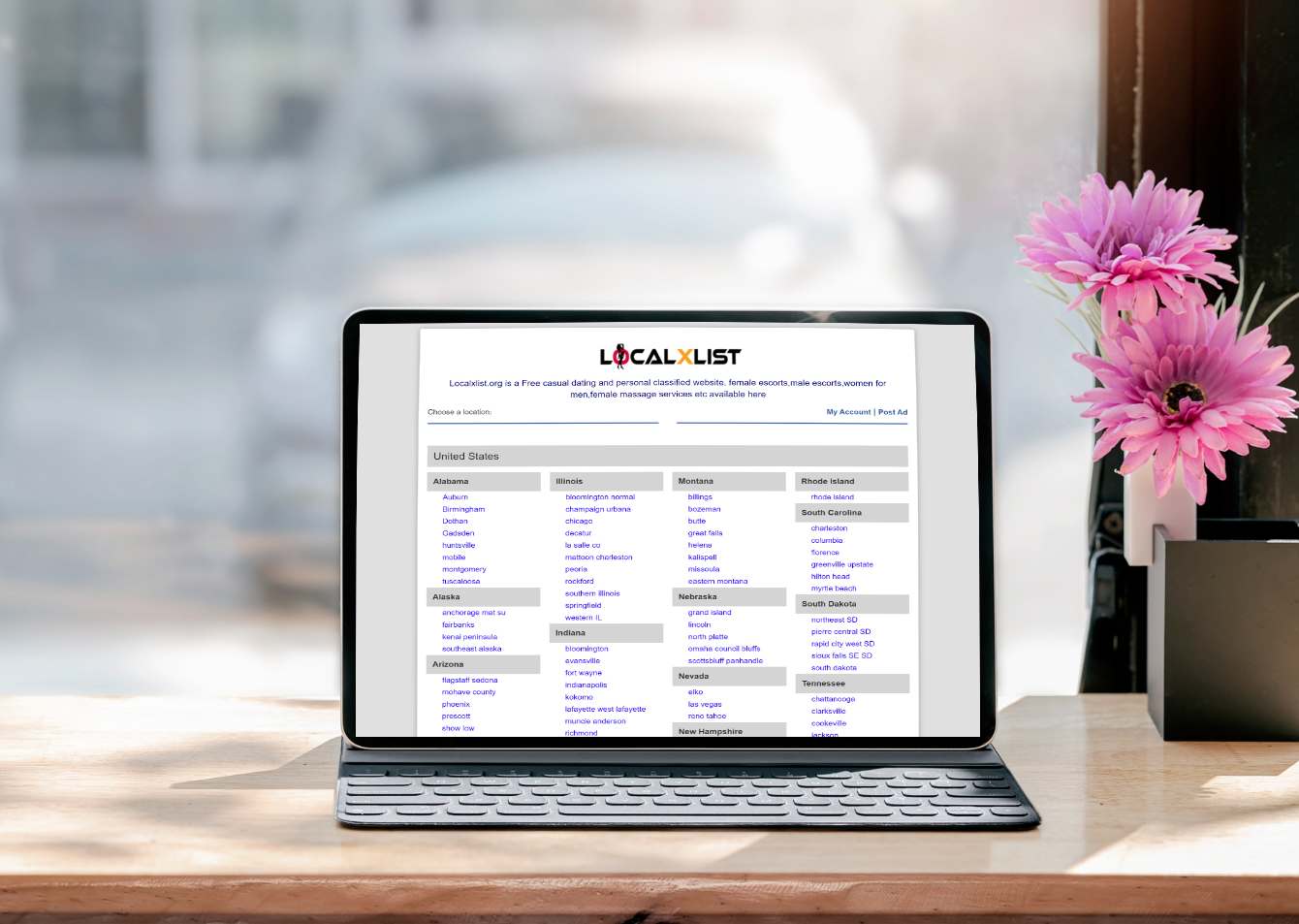Are you considering taking out a small loan to cover minor expenses? Small loans can be a great way to handle unexpected costs, but they have drawbacks, too. This guide explores their advantages and disadvantages, helping you decide whether a small loan suits your needs.
Life is full of surprises; sometimes, those surprises come with a price tag. Unexpected expenses can pop up when you least expect them—a car repair, a medical bill, or a sudden home repair. In such moments, small loans can seem like a lifesaver. These loans provide a quick solution to cover minor expenses without tapping into your savings. But are they always the right choice? Understanding the advantages and disadvantages of small loans is crucial before deciding.
Small loans can be an appealing option, especially when cash flow is tight. They are often easier to obtain than larger loans and can provide quick access to cash. However, they aren’t without their drawbacks. Interest rates, repayment terms, and potential debt traps can make these loans risky if not managed properly. Let’s explore the pros and cons of using small loans to manage those unexpected expenses.
What Are Small Loans?
Small loans are short-term loans typically used to cover minor expenses. Depending on the lender and your creditworthiness, they can range from a few hundred to a few thousand dollars. Banks, credit unions, and online lenders offer small loans, making them widely accessible. Unlike large loans that may require extensive paperwork and a lengthy approval process, small loans are often approved quickly, with funds available within a day or two.
These loans can be used for various purposes, such as paying off a utility bill, buying a new appliance, or covering medical costs. While they are convenient, it’s important to weigh their benefits against their potential drawbacks.
Pros of Small Loans for Minor Expenses
Small loans have several advantages, making them a go-to option for many people needing quick cash. Here are some of the main benefits:
1. Quick Access to Cash
One of the biggest advantages of small loans is their speed. When you’re faced with an unexpected expense, time is often of the essence. Small loans can be approved quickly, often within a few hours, allowing you to access the funds you need easily. This can be especially helpful when you have a car repair or an urgent medical bill to cover.
2. Flexible Repayment Terms
Most lenders offer flexible repayment options with small loans. You can choose a repayment period that fits your budget, depending on the amount borrowed. This flexibility makes it easier to plan your payments and avoid defaulting on the loan.
3. No Collateral Required
Small loans are usually unsecured, meaning you don’t have to provide collateral, like a car or a house, to obtain one. This reduces the risk of losing valuable assets if you cannot repay the loan. It also simplifies the application process, making it more accessible to people without major assets.
4. Builds Credit Score
If you have a limited credit history or are trying to improve your credit score, taking out a small loan and repaying it on time can help. Consistent payments show that you are responsible with credit, which can positively impact your credit score. This can be useful if you plan to apply for a larger loan or mortgage in the future.
Cons of Small Loans for Minor Expenses
While small loans have many benefits, they also come with potential risks. It’s important to consider these downsides before committing to a loan.
1. High Interest Rates
One of the major drawbacks of small loans is the higher interest rates they often carry. Because they are unsecured and involve less paperwork, lenders charge more interest to cover the risk. This can make the loan costly if it takes you a longer time to repay. Over time, you might pay significantly more than the original loan amount.
2. Short Repayment Periods
While flexibility is a benefit, small loans often come with shorter repayment terms. This means you may have to make higher monthly payments than loans with longer terms. If you aren’t careful, this can strain your monthly budget, leading to further financial stress.
3. Potential Debt Trap
It’s easy to rely on small loans when minor expenses keep increasing. However, repeatedly taking out small loans can lead to a cycle of debt. You may find yourself borrowing more to repay previous loans, creating a debt spiral that is difficult to escape. Borrowing only what you need and having a solid repayment plan is crucial.
4. Impact on Credit Score
While repaying a small loan on time can improve your credit score, missing a payment or defaulting can have the opposite effect. Late payments can significantly lower your score, making it harder to access credit in the future. Always ensure that you can meet the repayment schedule before taking out a loan.
When to Consider a Small Loan
There are times when a small loan can be the right choice. Here are some situations where taking out a small loan might be beneficial:
- Covering Emergency Expenses: A small loan can be a practical solution if you need quick cash to pay a medical bill or a car repair.
- Avoiding Overdraft Fees: If you’re at risk of overdrawing your bank account, a small loan may be cheaper than paying overdraft fees.
- One-Time Purchases: Small loans can help buy a necessary appliance or make a small home repair, as long as you can pay it off quickly.
Alternatives to Small Loans
Before deciding on a small loan, consider some alternatives. Depending on your situation, these options may be more cost-effective.
- Credit Card: A credit card can be a better option if you can pay off the balance quickly. Many credit cards offer lower interest rates than small loans, especially during introductory periods.
- Personal Savings: If you have an emergency fund, using those savings might be better than taking on new debt. You can always replenish your savings later.
- Borrowing from Friends or Family: Although this isn’t always ideal, borrowing from friends or family can provide interest-free relief. Just make sure to agree on repayment terms to avoid misunderstandings.
Conclusion
Small loans can offer a quick and easy solution for managing minor expenses, providing the funds you need when unexpected costs arise. Their fast approval process, lack of collateral requirements, and potential to build credit make them a popular choice for many. But they aren’t without risks. High interest rates, short repayment periods, and the possibility of falling into a debt trap can make these loans costly in the long run.
Before deciding on a small loan, it’s important to evaluate your financial situation. Consider whether you can comfortably manage the repayments and if better alternatives are available. By weighing the pros and cons, you can make an informed decision that aligns with your financial goals. Remember, borrowing should always be done with caution and a plan. A well-thought-out decision can make all the difference in managing your minor expenses effectively.




